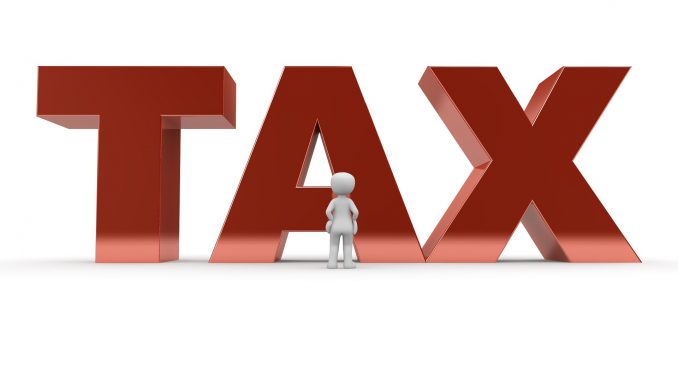
In order to ensure you are able to pay your taxes on time, you should put the money aside as soon as it arrives. To do this, calculate the % of tax and Class 4 NI from your income when it arrives and put it in an interest-paying account (you may as well earn some interest on it while it’s sitting there), then you’ll be prepared when the bill is due.
Record it all
It is a legal requirement that you keep full and accurate records of your income and expenditure for at least 6 years from when you start. This means even if you close your business down after 3 years you must keep the records for at least 6.
To do this keep all your paperwork together in one place so that it is easy to find – in a file, folder or box.
This includes receipts, spreadsheets or however else you choose to record your accounts. Paper copies are better than on a computer, as programs can get old or outdated making them difficult to access. Computers can also crash or get viruses causing data to be lost, so you should always have a backup.
What you need to keep a record of
HMRC requires childminders to keep particular records for the purpose of filling in your tax returns, but also require childminders to keep a record of the children in their care and the hours they attend.
Typical records include:
– Children’s details and the number of hours attended per week (an attendance register)
– Fees received
– Deposits, charges for holiday periods, additional charges – late pick up etc.
– Toys, equipment other expenses relating to childminding
– Any other business spending even if you do not have a receipt – childminders do not need to keep receipts for items costing less than £10, unless the small items add up to £10
Remember:
Personal expenses should be kept separate from business expenses
You can find further information on the HMRC – Tax advice for Childminders site
http://www.hmrc.gov.uk/courses/syob3/cm/HTML/cm_menu.html
While HMRC have the right to ask for this data at any time, only provide the information you are sure of – errors or things that you are unsure of can result in penalties, therefore seek advice beforehand, if you are unsure.
Also be aware that Ofsted have no legal right to look at your finances or how you are running your business financially – they simply have a legal obligation to check that the children in your care are safe and developing as they should.

Be the first to comment